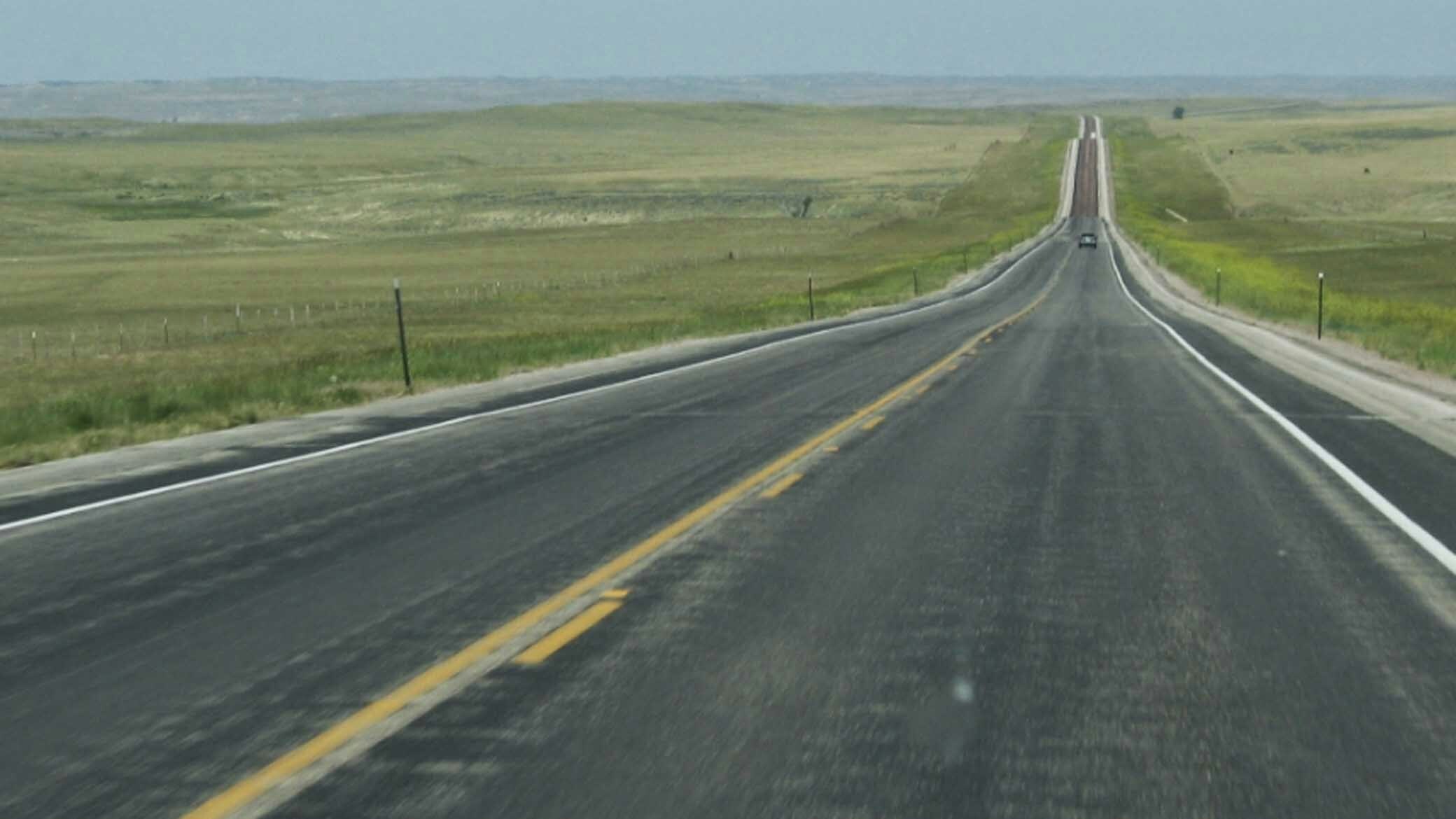By Ike Fredregill, Cowboy State Daily
Wyomingites are traveling significantly less since Gov. Mark Gordon urged residents to stay at home on March 25, according to state Transportation Department figures.
While a mobility tracking company has given the state poor marks for the ability of its residents to reduce their travel since the outbreak of the coronavirus, state figures show residents are paying attention to calls to stay home, said a spokesman for Gov. Mark Gordon.
“The governor believes most people are heeding the call to stay home,” Michael Pearlman said in an email. “Location data that has been reported nationally may paint an incomplete picture of Wyoming residents’ social distancing efforts, given our rural population and the long distances many residents must travel to purchase food and essentials.”
Beginning the week of March 18, the Wyoming Department of Transportation reported a marked decrease in traffic — compared to average data collected between 2017 and 2019 — on Interstate highways, non-interstate national highway systems (NHS) and non-NHS roads like Happy Jack Road west of Cheyenne.
“Overall, we’ve seen less traffic on all the roads we track,” said Martin Kidner, WYDOT’s state planning engineer. “The decline is led by small automobiles, but we’ve seen less semi-trucks, too.”
Non-Interstate NHS roads, such as U.S. Highway 85, and Non-NHS lanes, which are typically service roads, experienced the biggest decreases in travel with a 35% reduction in the week of March 18 and a 30% reduction the week of March 25.
Interstates were close behind with a decrease of 27% the week of March 18, followed by a 32% decrease the week of March 25.
WYDOT Director and retired U.S. Army Maj. Gen. Luke Reiner said decreases in traffic are not uncommon this time of year as a result of bad weather and road closures, but Wyoming’s roads were open in late March, leading him to believe the decline was in response to the governor’s advisory.
“I don’t know how those national-level agencies make their calculations, but traffic is dramatically down,” Reiner said. “Intuitively, if you live out in the county, you’re going to put some miles on to get some groceries or visit the hospital. I’m statistically comfortable with the amount the traffic has dropped.”
On the other hand, Reiner said he hopes traffic does not decline much further, because his department is reliant on revenue from fuel taxes.
With spring storms on the horizon, Reiner said his staff has worked in rotating shifts from home to decrease the potential for infection or spread of COVID-19. The effort could prevent staffing shortages during blizzards.
“We are very adequately staffed,” Reiner said. “I have no worries.”





